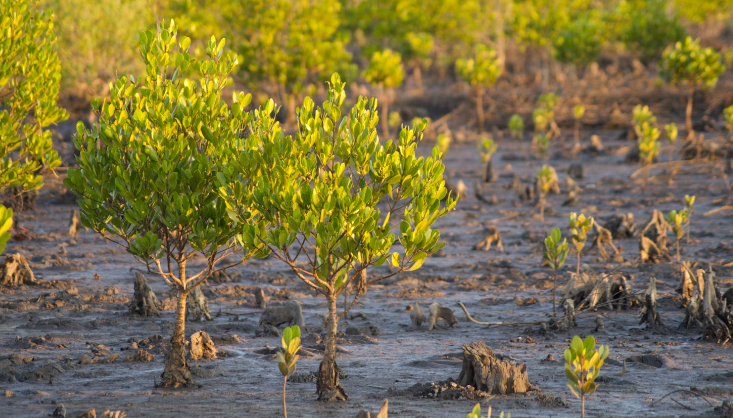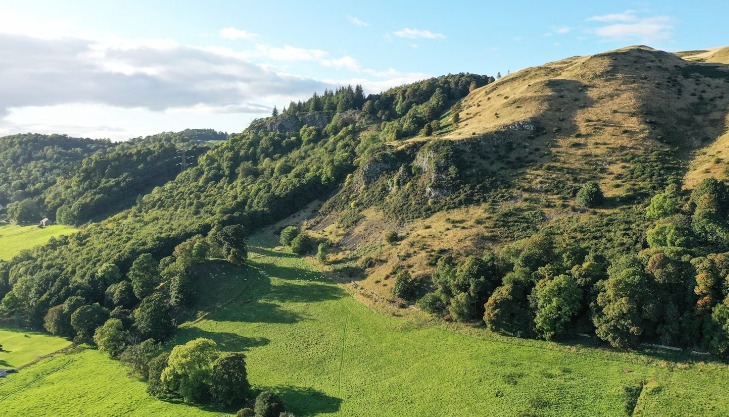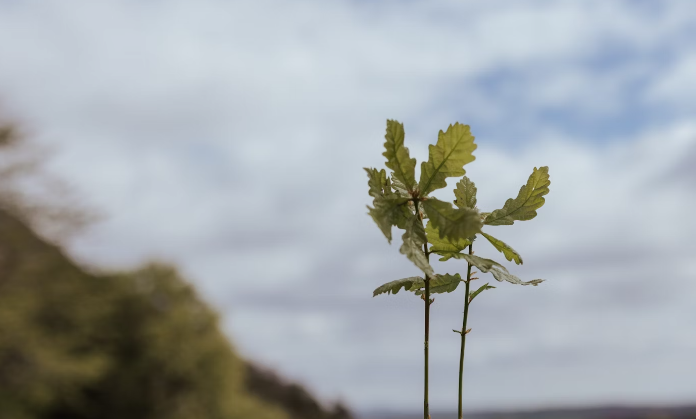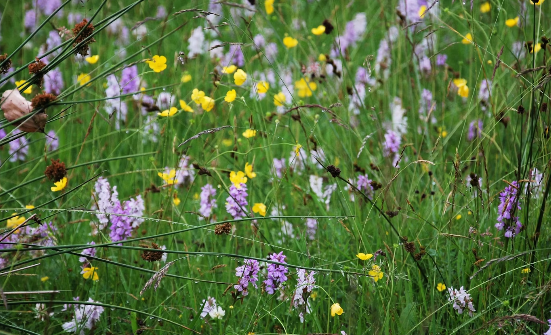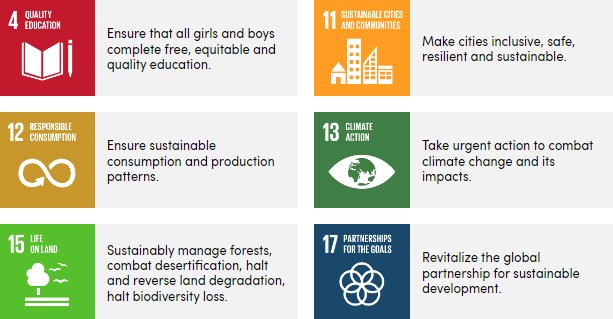November's Climate Action
Climate Action in November with Ecologi
Every month we support two different Impact- driven climate projects. Here’s more information on our initiatives.
Mangrove Planting in Mozambique
Context
Historically, mangrove estuaries and forests have been decimated and destroyed due to intensive tree-cutting for firewood and charcoal. The local community rely on this habitat for fishing, agriculture and charcoal production. The loss of habitat has led to an increase in flooding, causing further damage to the ecosystem, and people’s homes and property.
Mangroves are a small, coastal tree species that occur worldwide in the tropics and subtropics. They’re proficient at absorbing carbon and storing it in their extensive root system underground. This is classified as blue carbon due to being stored on the coast.
partnership
This project is conducted in partnership with Eden Reforestation Projects, a non-profit who provide fair-wage employment to impoverished villagers as agents of global forest restoration.
Project
Despite facing extreme weathers recently, namely the tropical cyclone Freddy (a system of winds that rotates at speeds of 20 to 30 miles an hour often bringing great rains), the mangrove project continues. Minimal damage occurred to the mangroves. The propagules, a bit like a seed for the mangroves, were blown away with the winds. Whilst this makes collection for future planting difficult, it’s likely that the seeds will end up in the ground in the surrounding areas, leading to mangroves in the future.
This project is in its infancy, but we hope to see a plethora of benefits in the near future for both the local and global community,
UN Sustainable Development Goals
The 'Mangrove Planting in Mozambique' project aligns with the following UN Sustainable Development Goals*:
Reforestation in Scotland, UK
Context
The UK is known to being one of the most nature-depleted countries in Europe. An effective reforestation programme can create a native ecosystem for nature to return and thrive.
The benefits of planting trees in the UK are numerous. Protection from erratic weather conditions such as flooding, shade, reducing the impact of strong winds and holding moisture in the environments can help mitigate the impact of climate change on the local communities is one benefit. Another benefit is the soil conservation, through reducing soil erosion, improving soil quality and increasing soil carbon concentrations. Biodiverse reforestation also supports the life of native plants and animals that are under pressure due to habitat loss and climate change.
Partnership
This project is conducted in partnership with The Future Forest Company, who plant native broadleaf trees in a biodiverse way to create thriving habitats for wildlife.
Project
Reforestation in Scotland covers a range of locations, Dumyat, Isle of Mull, Blaeloch Hill and Burnbrae, and covers 959 ha in total. Each project highlights how reforestation can benefit the local habitats in different ways.
In Dumyat, the work has created woodlands, wetlands, a meadow flower field and ponds, each creating habitats encouraging biodiversity. By working with the local community, there have been social and environmental benefits.
In the Isle of Mull the work is situated across a 300 mile coastline, where a huge variety of wildlife, plants and trees thrive. Planting here has regenerated woodland, restored peatland and protected biodiversity. In particular, the Atlantic Hazlewood is thought to be unique to Britain has been managed in a way to ensure future generations will be able to enjoy the special tree.
In Burnbrae a woodland farm is home to the woolly pigs, who forage the land removing thick strands of bracken. Through their activity, they beat down dominant species which allows other species of plants and young trees to thrive. This creates opportunities for a range of birds, invertebrates, insects and small mammals to thrive.
UN Sustainable Development Goals
The 'Reforestation in Scotland, UK' project aligns with the following UN Sustainable Development Goals*:
*The United Nations Sustainable Development Goals are a set of 17 objectives adopted by all UN Member States in 2015 as a universal call to action to end poverty, protect the planet, and ensure prosperity for all. These goals cover a wide range of critical issues such as ending hunger and poverty, promoting health and well-being, ensuring quality education, achieving gender equality, and combating climate change. Each goal has specific targets to be achieved by the year 2030, serving as a roadmap for countries and organizations to work together towards a more sustainable and equitable future.

